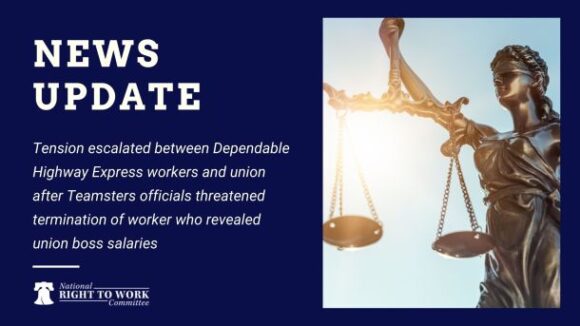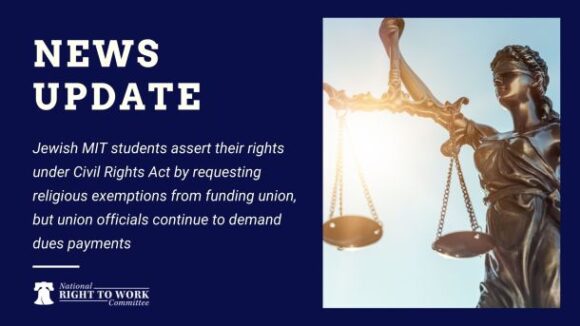More than two decades ago, a three-judge panel on the Fourth Circuit of the U.S. Court of Appeals considered the question of whether an “employee who wishes to remain a union member but desires to contribute financially only to the aspects of union activities related to collective bargaining” had a protected right to do so under federal labor law, the First Amendment, or both.
Given that federal labor policy empowers unions to collect dues or fees from employees whether they are members or not, and to speak for them in contract negotiations with the employer whether they are members or not, the panel in Kidwell v. Transportation Communications International Union admitted the view that an employee should have the right to be a union member while only paying dues for core union bargaining activities is “not without its appeal.” Nevertheless, the panel unanimously ruled that neither the federal Railway Labor Act nor the First Amendment “confers on a union member employee the right to associate as a member of the union serving as the collective bargaining representative yet pay only for the costs of union activities related to collective bargaining.”
Since Kidwell was decided in 1991, no subsequent federal court decision at any level has reached a contrary conclusion. By now, it’s safe to say it’s settled law that if you wish to be a union member you have to buy the whole package, including politics and lobbying as well as bargaining, with your dues money, unless you can somehow persuade the union to cut a special deal for you even though it isn’t legally required to.
The same goes, naturally, for a shareholder. If you choose to buy stock in a corporation that spends a portion of its treasury money on ideological or charitable activities that you disagree with, you can band with other shareholders to lobby the corporation to change its spending habits, but you have no right to cease bankrolling the uncongenial activities without selling your stock.
The law thus treats the individual union member and the individual shareholder somewhat similarly. To be sure, no shareholder ever buys a stock because he knows that, even if he doesn’t buy it, the company will be able to take most or all of the price of the stock out of his pocket anyway. In that regard, as well as in one or two other equally important ones, the shareholder is much better protected under the law than the union member is.
But Linda Greenhouse, former legal reporter for The New York Times, doesn’t see it that way. In a new blog post berating the National Right to Work Legal Defense Foundation-won decision in Knox v. Service Employees International Union, which came down last summer, Greenhouse actually contends that shareholders should have the same rights vis- a-vis corporations that union nonmembers have vis-a-vis unions. (The entire post is linked below.)
Union nonmembers who are forced to pay union dues, like it or not, are granted as a sort of consolation prize the right not to pay for union nonbargaining activities if they object to them. Therefore, according to Greenhouse, shareholders who voluntarily buy a stock should have a right to avoid paying for corporate ideological activities without having to sell their stock. Even though union members plainly have no analogous right vis-a-vis unions.
This gross illogicality is hardly the only thing wrong with Greenhouse’s blog post. But it is indicative of how ludicrously far apologists for monopolistic unionism are willing to stretch an argument to justify their stance. Now, explain to us again, Ms. Greenhouse, what’s so wrong about the views expressed by Alito in his Knox opinion?
The non-members, at their request, are entitled to be excused from contributing to the union’s political activities. Since the non-members must affirmatively exercise this “opt-out” option, this system tends to favor the union; as students of default rules well understand, inertia inevitably keeps some people from bothering to assert their rights.
The opt-out system “represents a remarkable boon for unions,” Justice Alito wrote in his majority opinion characterizing the arrangement as one the court had endorsed haphazardly and without adequate thought. He went on to challenge the basic agency-shop structure, calling it “an anomaly.” Compelling nonmembers to pay any portion of their dues to a union with which they don’t care to be associated is a substantial impingement on the First Amendment right to be free from compelled speech and association, Justice Alito said, adding: “Our cases to date have tolerated this impingement and we do not revisit today whether the court’s former cases have given adequate recognition to the critical First Amendment rights at stake.”


